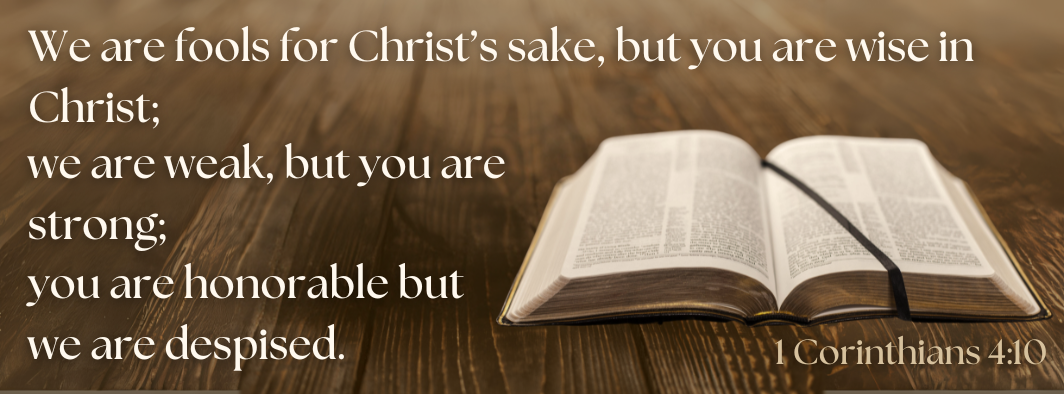In the hierarchy of Christian holy days, Christmas and Easter stand alone. One follows the other, of course. Without the birth of Jesus of Nazareth, there would be no need or reason for His resurrection from the dead 33 years later – a singular, monumental and transformative event upon which every Christian’s faith rests.
But there is a third day on the Christian calendar that is understated and under-recognized. That would be Pentecost, an ancient festival originally the Hebrew feast of Harvest, but more importantly commemorating the day when followers of Jesus believe the Holy Spirit descended from the heavens and rested upon His once scared and frightened followers.
The anniversary of that special day is this coming Sunday – the 50th day after Easter.
In Christian teaching, God is three persons in one – God the Father, God the Son and God the Holy Spirit. Some theologians even divide history into three corresponding eras based on this triune belief. Prior to Jesus’ three-year earthly ministry, we lived in the era of God the Father. Then there was the brief but substantial era of Jesus. Ever since His ascension, we’ve been living in the era of the Spirit.
Pentecost is celebrated in many churches, marked in some by the wearing of red and the reading and singing of relevant Scriptures and hymns. Yet in other churches, it’s unlikely to even be mentioned.
But make no mistake: the arrival of the Holy Spirit changed everything, most especially the trajectory of the early Christian Church.
Immediately following Jesus’ crucifixion, the apostles were huddled behind locked doors in the upper room. Judas had betrayed Him, Peter had denied Him three times – and many assumed they would soon be persecuted. Jesus’ Resurrection and numerous appearances undoubtedly buoyed their spirits, but it wasn’t until He ascended into Heaven and the Holy Spirit descended upon them that they were emboldened and empowered to go spread the Gospel all around the world.
From church history we know that Thomas and Andrew went to Parthia and Scythia (modern-day Iran), John evangelized in Asia before dying in Turkey, Peter also preached in Asia and Turkey before being crucified in Rome. We read in Acts that James was executed by Herod (Acts 12:2).
The Holy Spirit transformed Jesus’ followers from being timid to being bold, even to the point of giving their lives for what they believed.
Christian believers today in the United States may not be called upon to sacrifice their life in order to defend their faith – but it’s that same Holy Spirit that invigorates our expression today.
Pentecost puts wind in our sails and a spring in our step. It’s the source of confidence, courage, conviction, resolve, bravery, commitment, and steadfastness.
The Holy Spirit emboldens the pro-life movement. He encourages the unwavering defense of biblical marriage, parental authority, and religious freedom. He compels us to stand up to the bully and bigot. He undergirds our willingness to absorb the blows. He makes us willing to be “fools for Christ” (1 Cor. 4:10) and be the odd person out in a sea of uniformity and compliance.
Enemies of Christianity loathe the Holy Spirit because it’s an unassailable force. That’s because those who possess Him are neither impressed by worldly power nor motivated by its otherwise tantalizing allure.
When Melody Green, wife of the late Christian singer Keith Green, sat down to write the worship song, “There is a Redeemer,” the recent Christian convert (she was born into a Jewish home) was struggling. Questioning her purpose and even the Lord’s sovereignty, she penned the following verse:
Thank you, oh my Father, For giving us Your Son. And leaving Your Spirit, ‘Til the work on Earth is done
The work still isn’t done, but thanks to the Holy Spirit in our lives, we can face any fear, any failure, and any seemingly insurmountable challenge.






